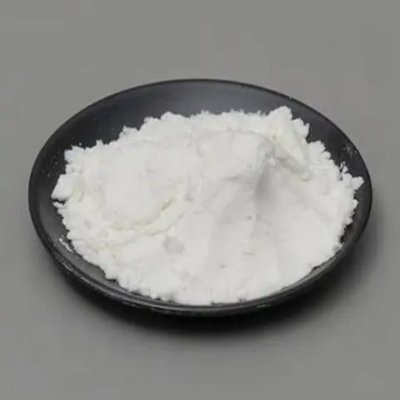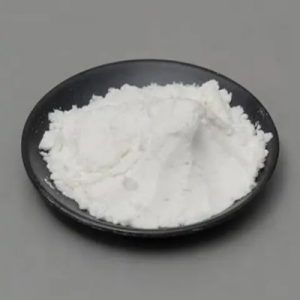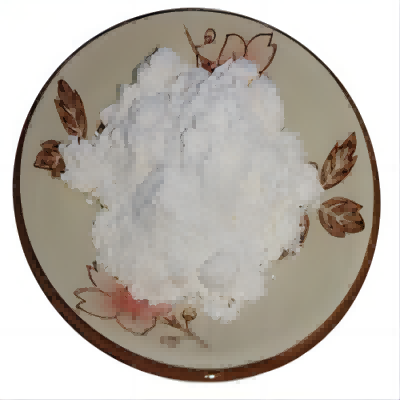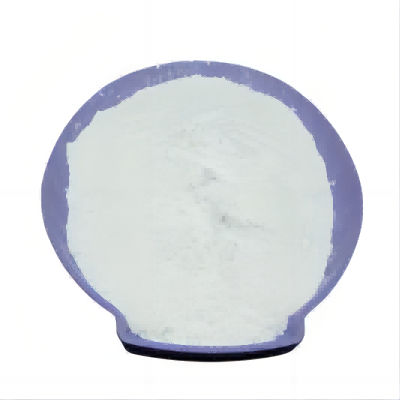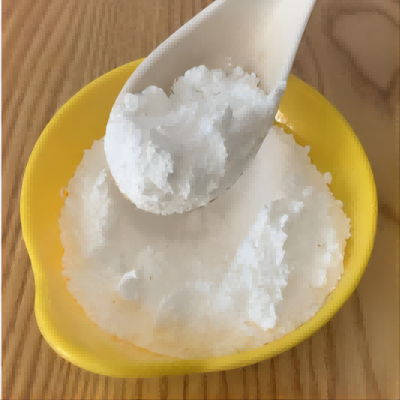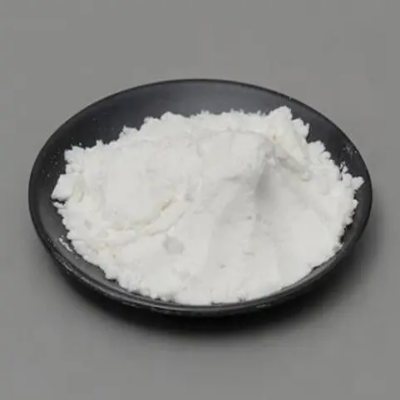L-Cysteine CAS:52-90-4
L-Cysteine finds extensive use across different sectors due to its versatile properties. In the food industry, it serves as a dough conditioner, contributing to the texture and volume of baked goods by facilitating the relaxation of the dough and enhancing gluten structure. This results in improved elasticity, texture, and overall quality of bread, pastries, and other baked products. Moreover, L-Cysteine is utilized in the production of flavor enhancers, such as monosodium glutamate (MSG), contributing to the enhancement of savory flavors in processed foods. Its ability to react with reducing sugars during the Maillard reaction also makes it valuable in the development of desirable aroma compounds in various food products. In the pharmaceutical and cosmetic industries, L-Cysteine is employed for its antioxidant properties and skin-conditioning effects. It aids in neutralizing free radicals, thereby contributing to the preservation of product stability and potential benefits for skin health. Additionally, L-Cysteine serves as a precursor to the tripeptide glutathione, which has been associated with various health and wellness benefits, including cellular protection and immune system support. Furthermore, L-Cysteine is utilized in the biotechnology field for the production of recombinant proteins and antibodies, owing to its role in protein folding and stability. Its ability to form disulfide bonds is crucial for the correct conformation and activity of many therapeutic proteins, making it an essential component in the manufacturing of biopharmaceuticals. Overall, the multifaceted applications of L-Cysteine in food processing, pharmaceuticals, cosmetics, and biotechnology highlight its significance as a valuable ingredient with diverse functionalities and contributions across various industrial sectors.
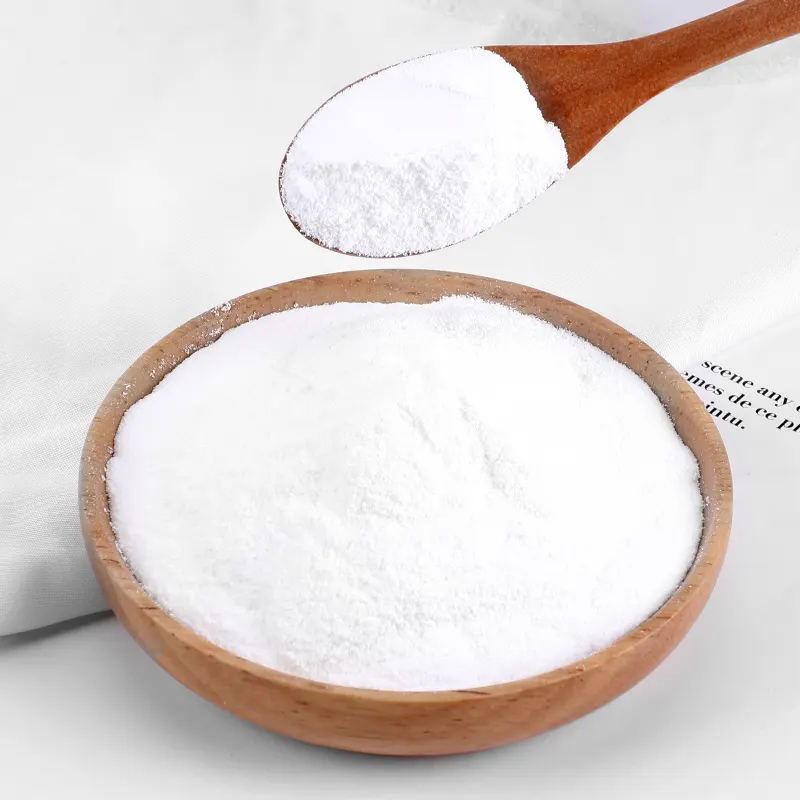
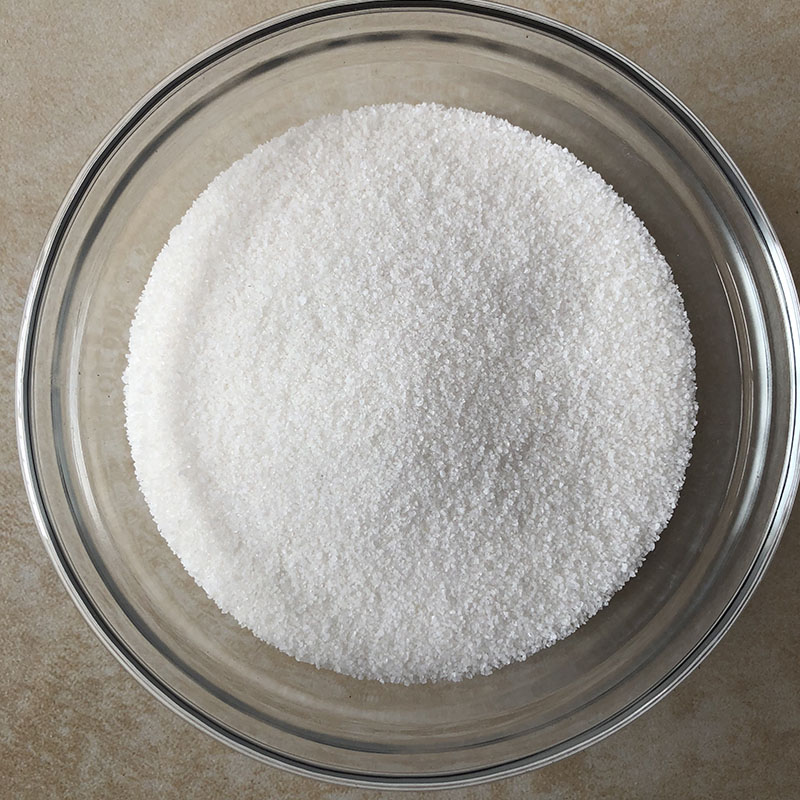

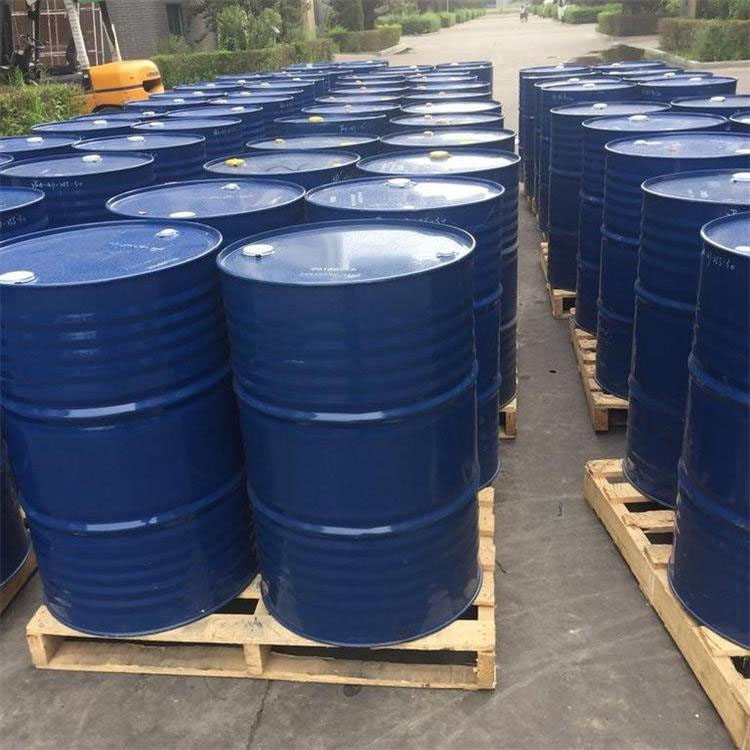
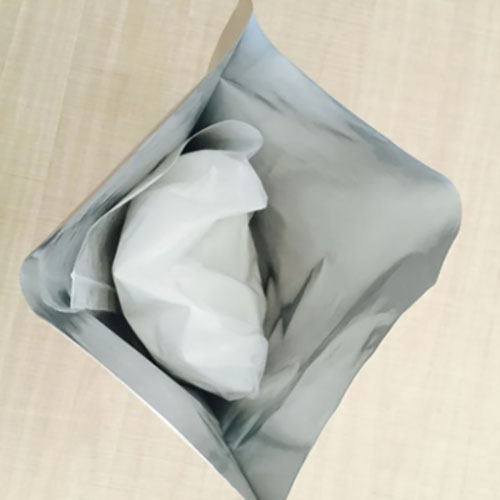
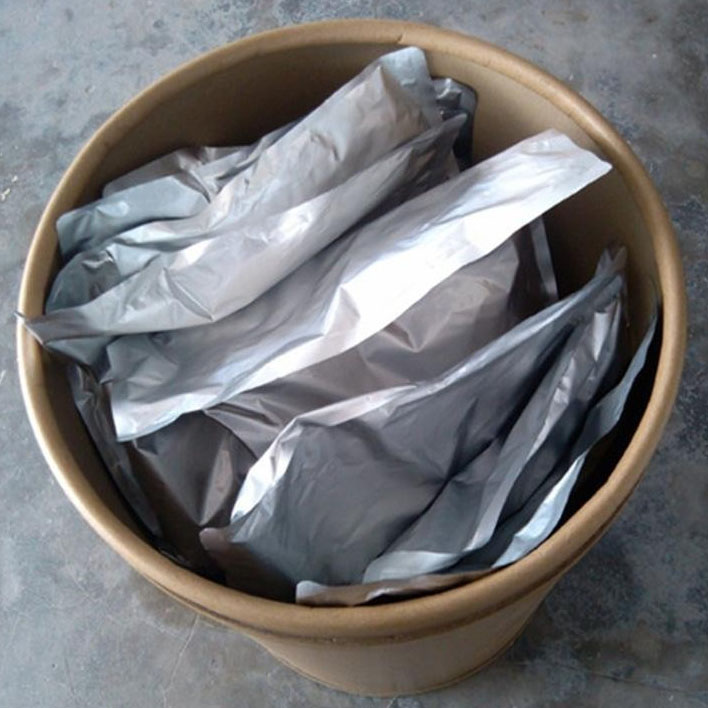
| Composition | C3H7NO2S |
| Assay | 99% |
| Appearance | white powder |
| CAS No. | 52-90-4 |
| Packing | 25KG |
| Shelf Life | 2 years |
| Storage | Store in cool and dry area |
| Certification | ISO. |


